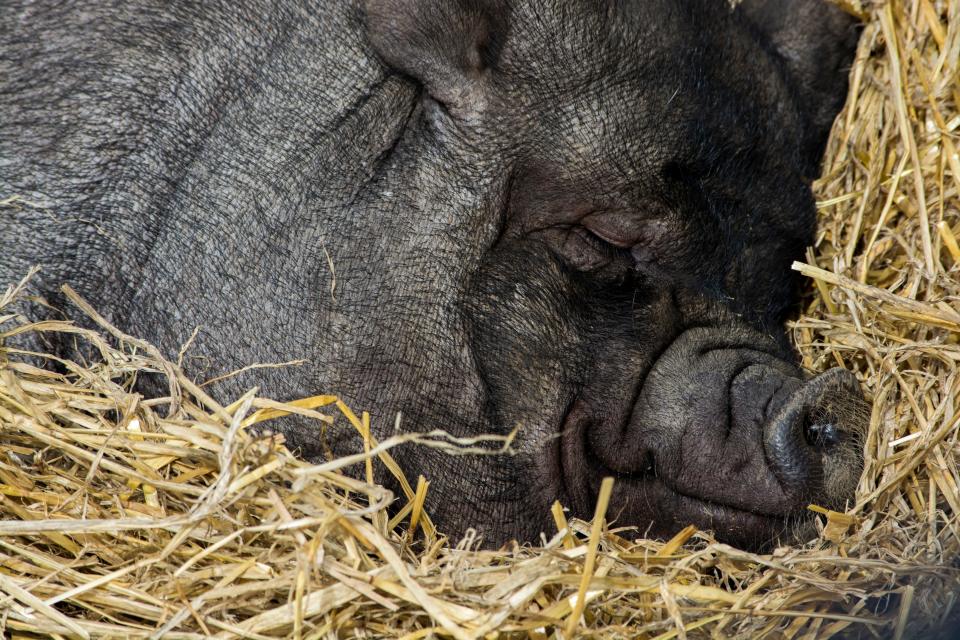

These give advice on all aspects from the initial risk assessment to best practice for their use.

To communicate these strategies effectively to the industry, RUMA has produced a comprehensive set of guidelines for the responsible use of vaccines in livestock production. They are vital components in preventing a wide variety of diseases. Vaccines have, from the 1930s, made a major contribution to improving farm animal health, welfare and productivity. As part of this work RUMA has established practical strategies to promote the correct use of vaccines in the livestock industry. Partly its remit has been to review and provide guidance on the use of medicines in all livestock. The Responsible Use of Medicines in Agriculture Alliance (RUMA) is a growing coalition of organisations representing every stage of the “farm to fork” process. Best practice in the use of veterinary medicines must be an integral part of effective health planning, and these RUMA guidelines aim to define that best practice. Farm health planning represents one of the direct ways in which the livestock sector, specifically individual producers, can be persuaded of the cost benefits of adopting on-farm health strategies. The responsible use of medicines has always been a fundamental principle of good livestock keeping and is given further impetus by the encouragement of farm health planning under the Great Britain Animal Health and Welfare Strategy (AHWS). RUMA guidelines for the responsible use of vaccines and vaccination by farm animal producers have been designed to give easy-to-read guiding principles that can be used by all producers in the management of their herds or flocks. The paper, published in the journal Social Psychological and Personality Science, is titled “The development of speciesism: age-related differences in the moral view of animals”.Responsible Use of Vaccines and Vaccination in Farm Animal Production – general guidance For example, if children ate more plant-based food in schools, that might be more in line with their moral values, and might reduce the normalisation towards adult values that we identify in this study.” He said: “If we want people to move towards more plant-based diets for environmental reasons, we have to disrupt the current system somewhere. McGuire said that while adjusting attitudes was a natural part of growing up, the “moral intelligence of children” could be valuable. So aversion to animals – including farm animals – being harmed does not disappear entirely.” “It’s important to note that even adults in our study thought eating meat was less morally acceptable than eating animal products like milk. “Something seems to happen in adolescence, where that early love for animals becomes more complicated and we develop more speciesism,” said McGuire. He said children rated eating animals as significantly less permissible than young adults and adults did. McGuire said the study suggests that while children think farm animals and humans ought to be treated equally well, by adulthood people believe that companion animals and humans ought to be treated better. The two sets of adult groups said pigs ought to be treated less well than dogs, while humans and dogs ought to be treated the same. They concluded, in fact, that dogs ought to be treated better than pigs – but also that pigs ought not to be treated differently from humans. They were asked how animals were treated, and how they should be treated.Ĭhildren did not judge all animals to be equal. But the origins of moral acrobatics relating to animals is poorly understood and the researchers say this new study provides some of the first evidence examining the differences in how children and adults think about animal treatment.Īmong other tasks, participants in the study were presented with pictures including a farm animal and companion animals and asked to categorise them as “food”, “pet” or “object”. The report says an important aspect of the human mind is “moral acrobatics”: people can hold ethical values that contradict each other and employ moral double standards.


 0 kommentar(er)
0 kommentar(er)
